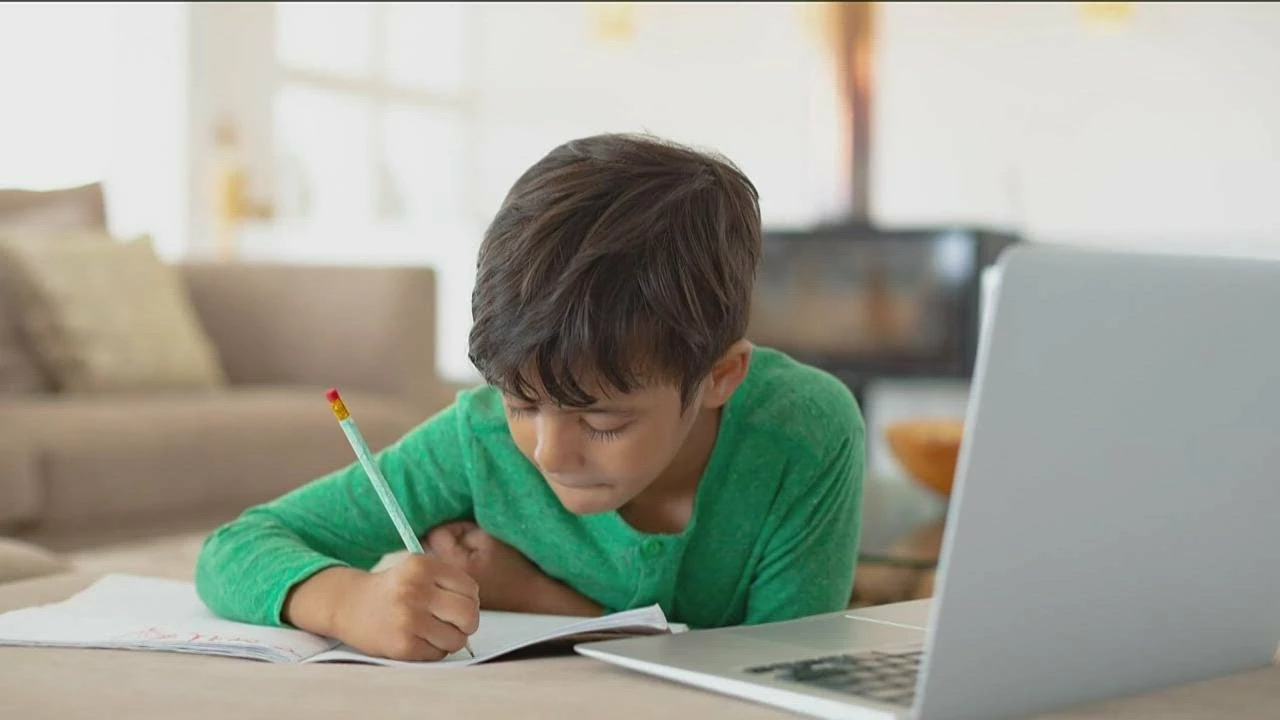A Glimpse into the Evolution of Homework Policies
Ever pondered about the evolution of our education system, especially when it comes to homework? Remember when homework meant just a handful of math problems or a quick read? Sadly, those simplistic times have transformed into a vast arena of discussions. The ebb and flow of homework assignments have witnessed major shifts over decades, resulting in debates among educators, parents, and students. Questions arise: are we burdening our young ones, or are we not challenging them enough? Join me as we explore the historical lens of this topic.
Interestingly, I recently stumbled upon some intriguing insights while trying to "write my homework" on this topic, courtesy of my partner Amelia, an avid academic researcher. Believe it or not, the mainstream concept of homework only rooted itself in the 19th century. Earlier, learning was restricted within the walls of the classroom, with little to no outside tasks. But as the 19th century progressed, educational stalwarts began to underscore the significance of homework for well-rounded intellectual growth. A fun tidbit, right? Makes one yearn for the simplicity of yesteryears.
The Pendulum Swing of Homework Opinions
The surge in homework volume has ignited fiery debates. One group, the 'minimalists', firmly believes that the current quantum of homework is overwhelming, stifling creativity, affecting mental well-being, and eroding family time. However, the 'maximalists' stand their ground on their belief that additional homework cultivates discipline, enhances retention and prepares youngsters for the challenges of the future.
Wearing my parent hat, I'm trapped in this whirlpool of opinions. I yearn for my child to be academically enriched, yet not at the cost of losing his zeal for life. It's like walking a tightrope. I've witnessed him grapple with excessive assignments, but also observed his growth in accountability and discipline. It boils down to perspective, doesn't it?
Deciphering Homework’s Role in Learning
Let's cut to the chase: homework undeniably bolsters in-class teachings. Think of it like leveling up in a video game – you can’t master it on the first go. Reiteration is the mother of understanding. However, for homework to be truly impactful, it must be meaningful, well-aligned with classroom lessons, and certainly not just tedious tasks.
Building on this, it's imperative to discuss the pitfalls of overload. Citing Amelia's findings yet again, there's a tipping point when homework loses its essence and becomes sheer overload. It's akin to overindulging in your favorite dessert; delightful at first, but then, just too much.
Forecasting Homework's Horizon
Curious about the trajectory of homework? The education realm is geared towards personalizing homework, catering to the diverse learning paces and styles of students. The horizon hints at a blend of the age-old classroom model with tech-driven learning tools, promising a dynamic and immersive experience. Picture our young ones harnessing virtual reality for academic pursuits rather than merely cramming facts. A thrilling prospect, right?
Central to this entire debate is the essence of equilibrium. Homework ought to amplify learning, not subdue it. Here's hoping our future generations find joy in learning without feeling swamped. As for me, I'm off to assist my son with his awaiting assignments. Looks like a marathon evening ahead!





